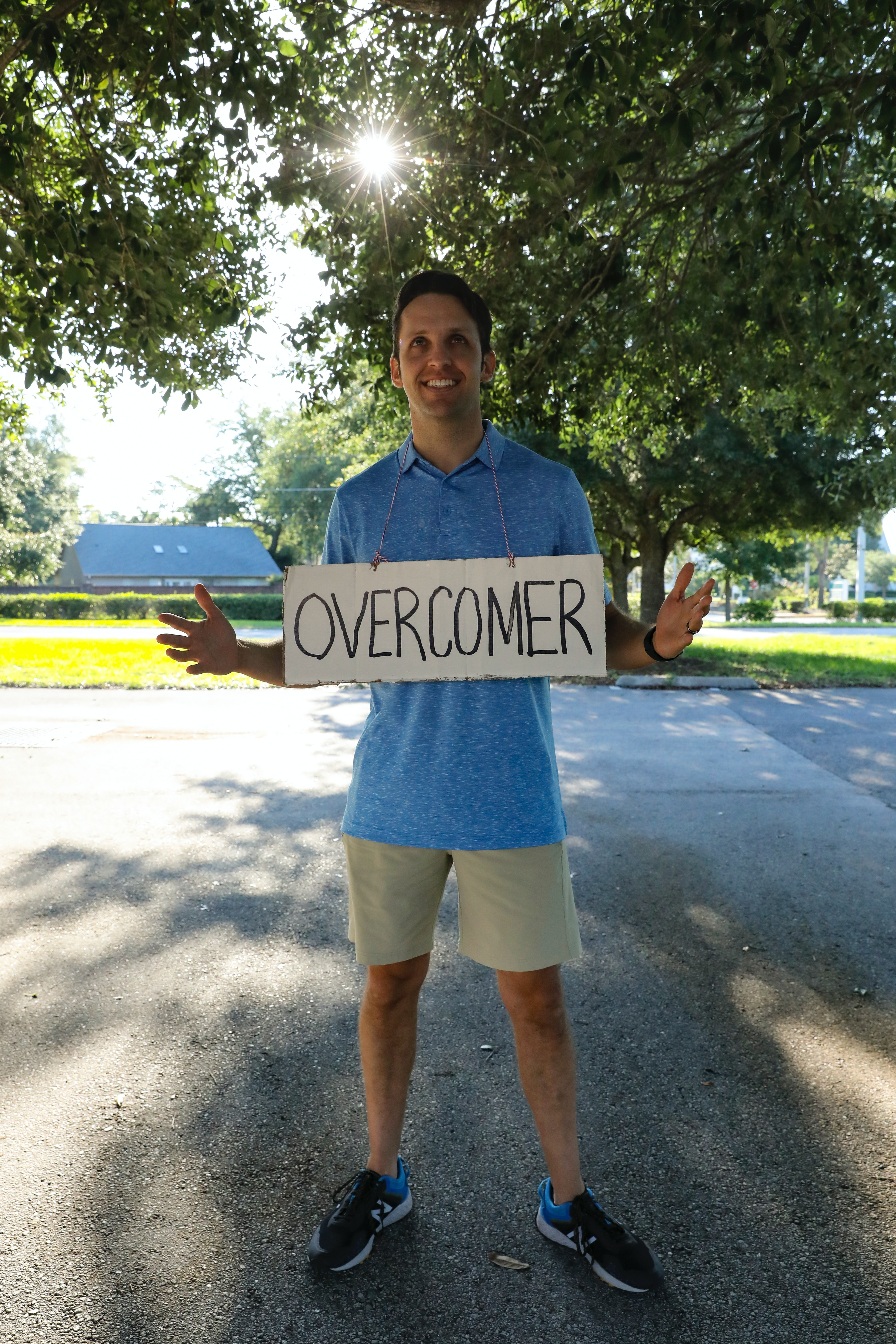
The Covid-19 pandemic has affected our lives in many ways. This is particularly true in the realm of health care. Many people have had to forego surgeries, establish relationships with providers via telemedicine or been unable to access care altogether due to the Covid-19 pandemic.
Statistics show that COVID-19 has a high mortality in the elderly but what those statistics don’t show directly is the impact it has on youth and middle aged people with opiate addiction. According to CDC statistics, people age 75 and above make up 60% of all Covid-19 deaths. CDC statistics also show low risk for death from Covid-19 in children and young adults. What hasn’t grabbed headlines is that in the 12 months ending May 2020 there were over 81,000 overdose deaths in the U.S. “This represents the highest number of overdose death ever recorder in a 12 month period.”
Source: https://www.cdc.gov/media/releases/2020/p1218-overdose-deaths-covid-19.html
As the Covid-19 pandemic continues, the need for treatment for Opiate addiction has increased where public awareness and healthcare system intervention remains low and ineffective. Many patients will note that their insurance or health care directory doesn’t list offices that provide “medical assisted therapy” as an outpatient for opiate addiction. What they may find is a listing for an inpatient or “detox” facility. There are several problems with inpatient and “detox facilities”. (1) They require patients to be away from work and families and this often is not feasible due to child care and economic constraints. (2) Many patients that leave these facilities do so without follow up or long term counseling and support. When a patient goes through a “detox” and leaves the facility their body has often been rendered opiate naïve. This means their body reacts to opiates as if it has never been exposed to an opiate in the past. In other words, lower tolerance.
With a relapse proximal to the time of discharge from a “detox facility” the risk of overdose and death increases. Why? Because the “detox” has made the patient’s body opiate naïve and that same patient attempts to use the same amount of opiate that they last used prior to entering the “detox” facility.
What is needed is: (1) More access to medically assisted therapy in lieu and addition to “detox”. (2) Inpatient facilities releasing patients in to a designated medically assisted program. (3) Healthcare system and insurance directories listing providers that provide medically assisted therapy. (4) Increased training and intervention by primary care providers to identify offices that provide medically assisted therapy.
Our Marietta, Georgia office provides medically assisted therapy using: Suboxone, Subutex, Sublocade, Belbucca to name a few of the Burprenorphine medications available. We also have a network of counselors to provide treatment and support.
If you or a loved one has a problem with opiates and needs treatment, please call or email us today!
Phone: 678-247-2115
Email: [email protected]








